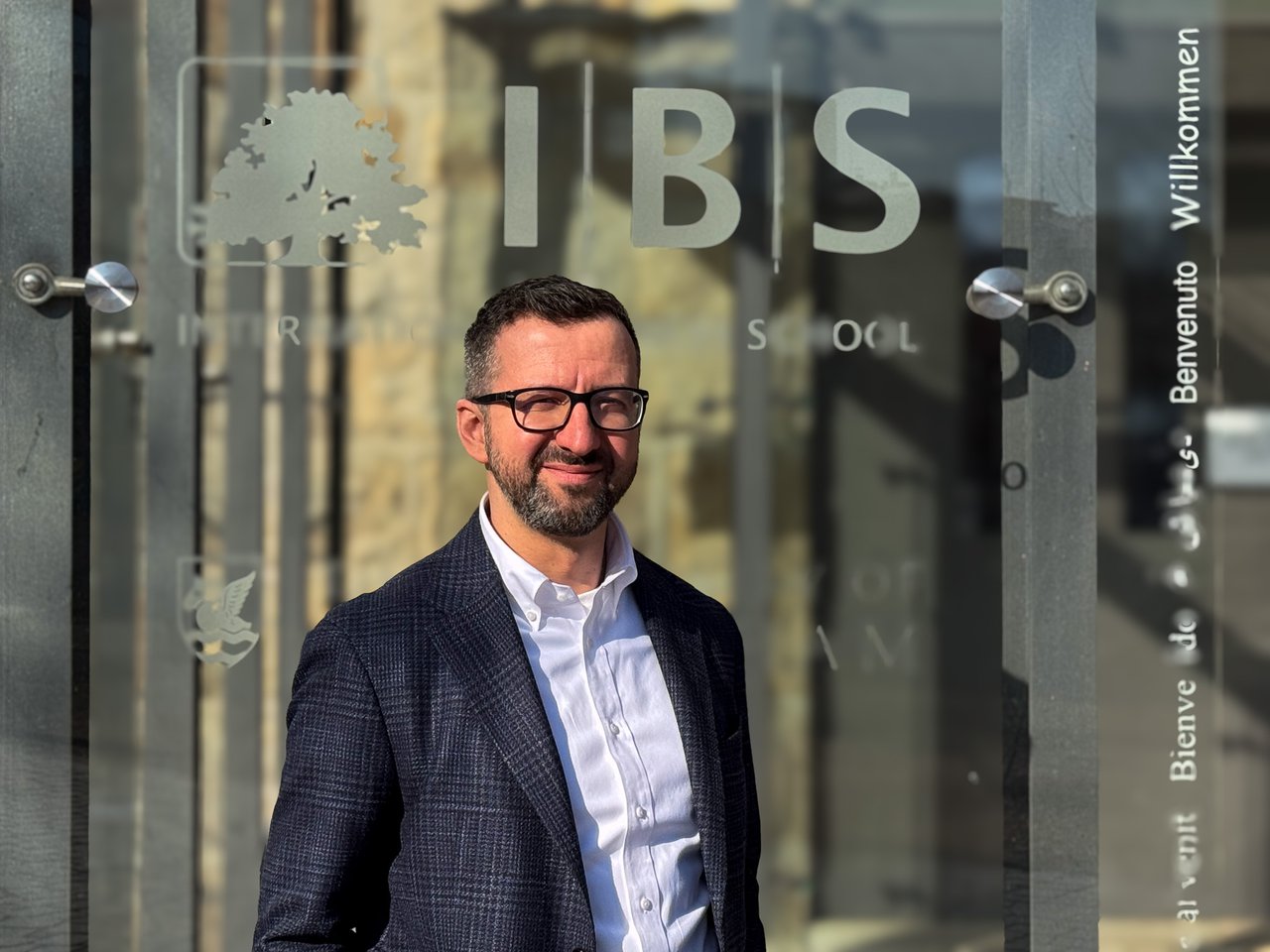After completing his master's degree in International Studies at the University of Economics in 2008, he worked at CIB Bank and the Budapest office of a Singapore-based business analytics firm. Between 2014 and 2019, he returned to IBS as a business development manager, focusing on new academic programmes. During this time, he also earned a master's degree in Financial Management from the University of Buckingham. Among his IBS projects, the UpSkill programme gained international recognition, and the MBA and Business Data Analytics master's programs were launched. His next role was overseeing the Hungarian operations of the Estonia-based Bolt taxi company, which became the market leader under his leadership. Over the past year, he has been working on developing an educational startup with two co-founders, and they are currently testing the prototype.
In his new position, his responsibilities include the operational management of International Business School, developing institutional and expansion strategies, and modernizing operations.

Your father led the university as rector for two decades. How does it feel to take on a leadership role at IBS with this family background?
It is both an honor and a great challenge. Beyond working together on high school entrance exam topics, I first had the opportunity to collaborate with my father at IBS between 2014 and 2020, first as a project manager and later as head of business development. During this time, I learned a great deal from him. It was inspiring—though not always easy—to meet the high expectations. What I valued most in our collaboration was the welcoming atmosphere, the encouragement of free and critical thinking, and open communication that he and our colleagues fostered. Preserving and further developing this environment, along with maintaining IBS’s outstanding institutional and business achievements of recent years, is one of the biggest and most exciting challenges of my career.
How would you describe IBS’s development based on your past experience and current impressions?
I believe IBS has undergone several defining periods: the introduction of the validation model with British partners in Hungary, the establishment of a refined organizational structure, strong internationalization, and the recent years of expansion in terms of both offerings and student numbers. In recent years, I have followed—somewhat biasedly—the development of programs I helped create, such as the MSc in IT for Business Data Analytics, which has seen significant growth. It is also exciting to witness the expansion of our higher education network beyond British partners and the introduction of innovative programs, including bachelor’s and master’s degrees focusing on AI.
IBS has become a high-quality educational brand that appeals to a global audience. I believe we can build on this strong foundation in the coming years to meet the rapidly changing demands of the job market and the evolving higher education landscape.
International Business School attracts more and more students from both Hungary and abroad every year. What do you think gives IBS a competitive edge over other business schools?
I see three main areas of competitive advantage: personalized services, individual skill development, and an international learning environment.
IBS stands out in the higher education sector for its student support and personal attention from both faculty and administrative staff. I believe it is crucial that we design all our programs to provide students with modern and relevant soft and hard skills, making them more successful in the job market from day one—something our corporate partners frequently confirm. Additionally, we recruit students from nearly 100 countries, creating a diverse environment that fosters understanding, empathy, and openness. These qualities will remain essential in the future, especially in a world undergoing such rapid change.
Your children are still young, but would you recommend IBS education to them in the future?
Yes, of course! However, by the time my daughters grow up, I believe education—especially higher education—will look very different. I am sure that most of the current frameworks will undergo significant transformations in the coming years. My hope is that I will still be able to confidently recommend IBS to them, whatever shape education takes by then.
As CEO, what are your main areas of focus?
As CEO, my primary responsibilities include the overall operational management of the institution, improving the efficiency and modernization of our organizational structures and processes, and developing and implementing both domestic and international strategies.
In practice, this means working on numerous projects with my colleagues to maintain our business, workplace, and human achievements while paving the way for sustainable growth. Over the next few years, we aim to build an institution that is not only efficient but also resilient—one that is capable and willing to respond to, or even anticipate, the rapid pace of change.
If you had to sum up IBS’s mission in one sentence, what would it be?
To equip our students with professional and life skills that enable them to adapt and grow continuously—ensuring they lead happy and fulfilling lives.
If we were to have this conversation again in five years, what achievements would make you satisfied?
By 2030, we aim to establish a higher education institution and skills center operating across multiple locations and models—one that is both resilient and agile, with adaptability ingrained in its core functions. However, I firmly believe that none of this is possible without dedicated and motivated colleagues whose professionalism and humanity fundamentally define IBS’s identity. Preserving this spirit is my most important task.
